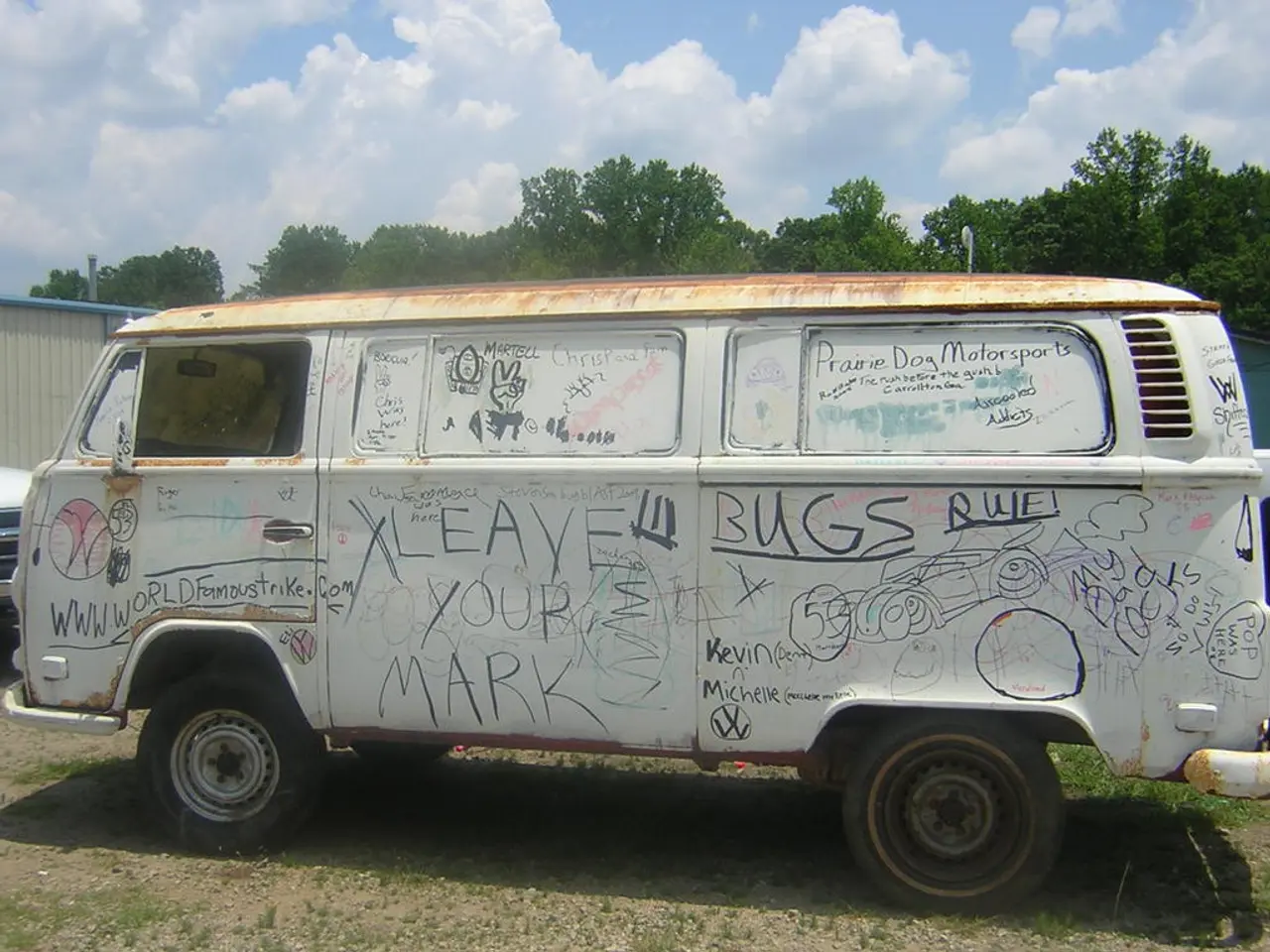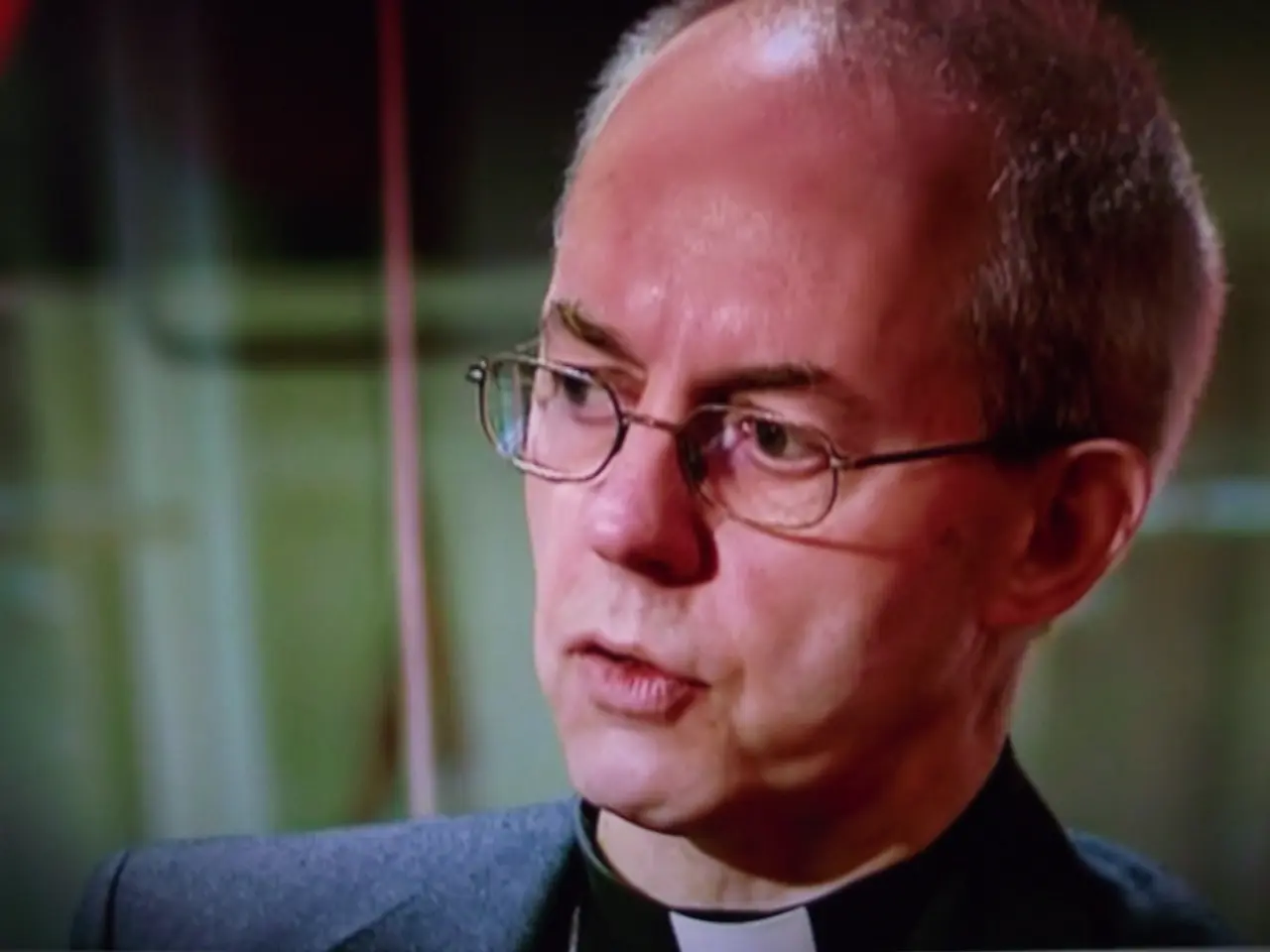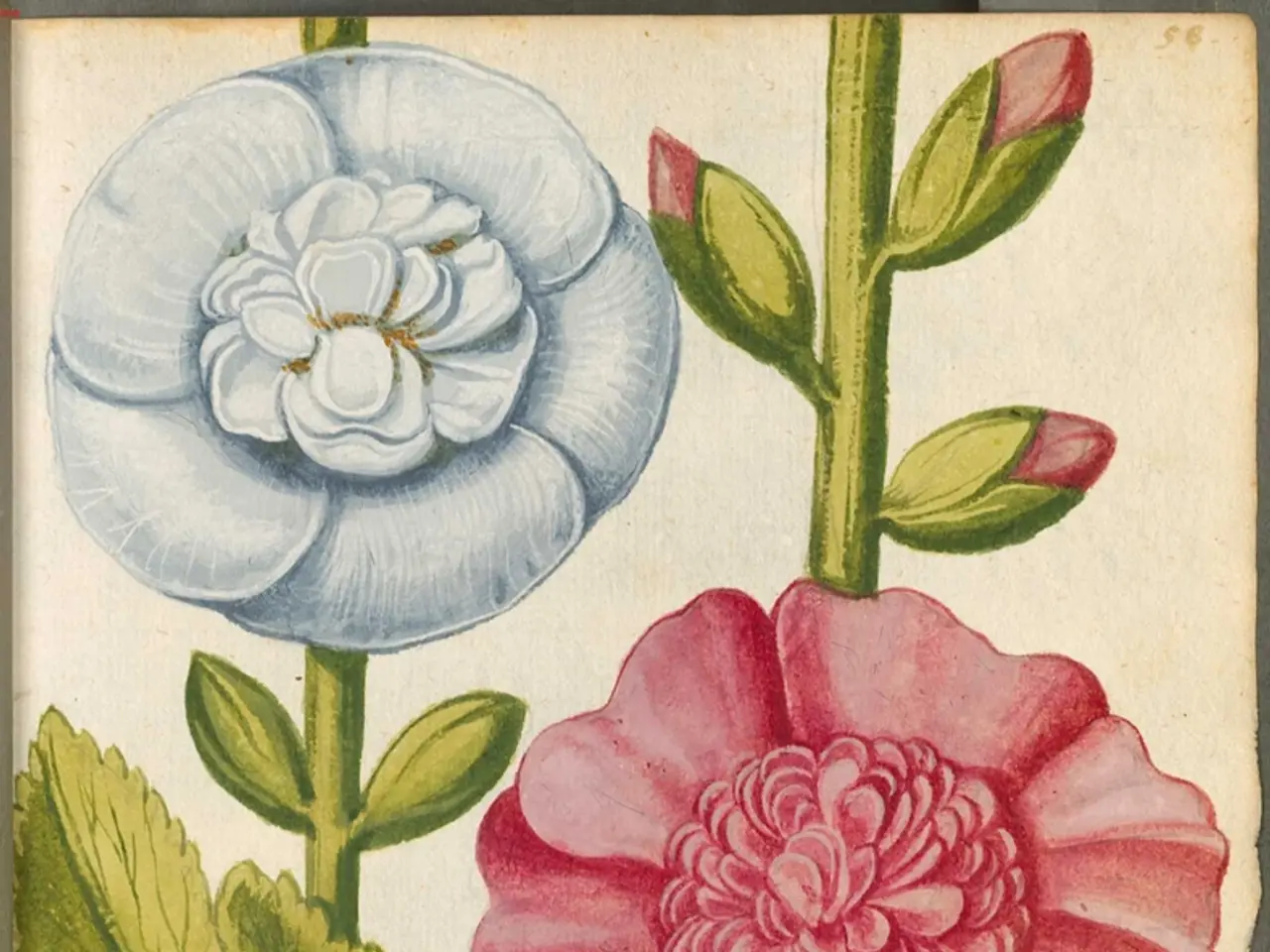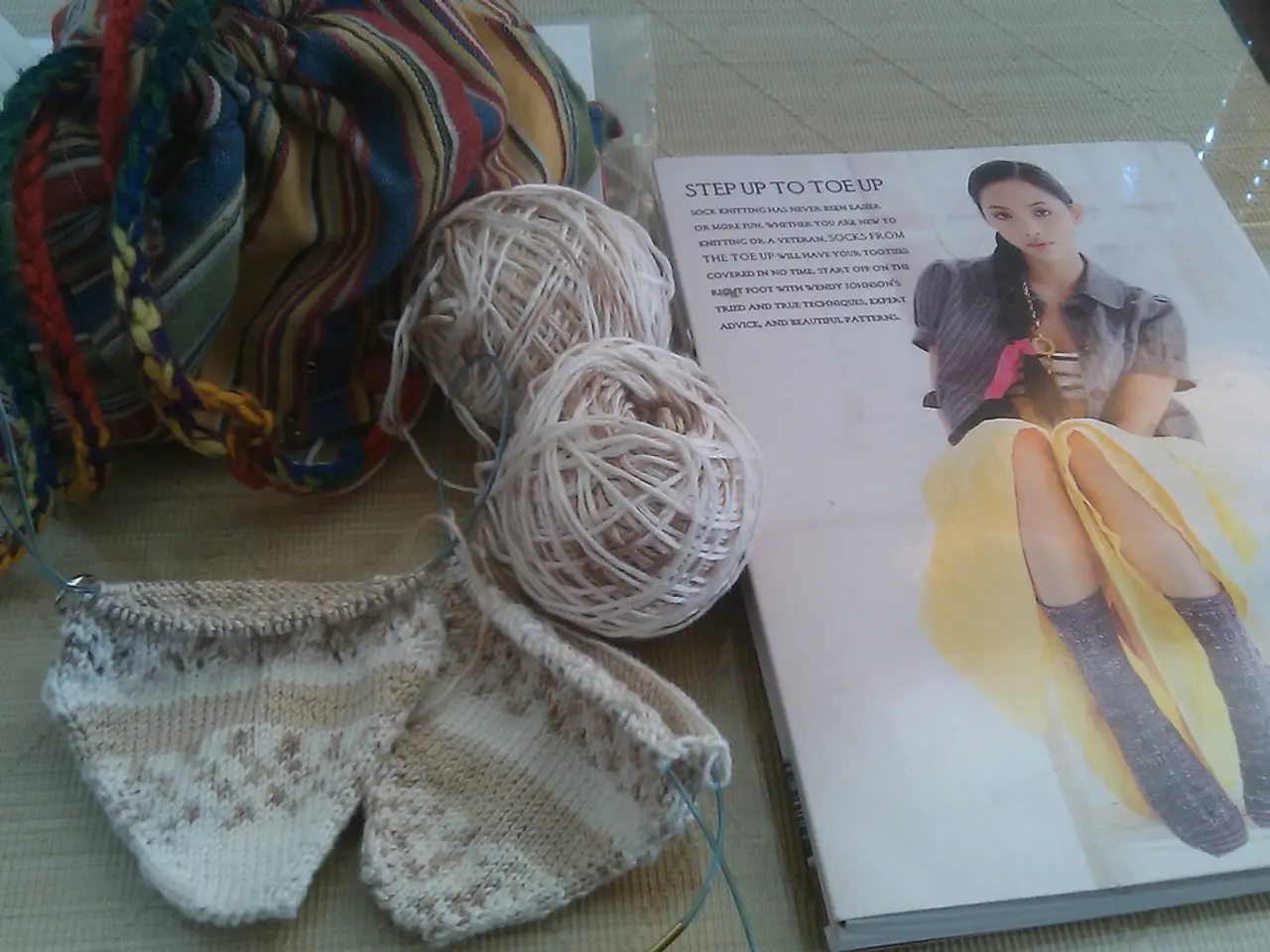Dutch Royalty and the Unique Approach to Succession: Discovering Variations in the Dutch Monarchy - Royal Succession Dilemma in the Netherlands: Unique Practices of the Dutch Monarchy
The documentary "Royal Family - The Royal Siblings of the Netherlands" is set to air on ZDF S on the 29th of July and on ZDF on the 12th of August at 8:15 PM, offering a glimpse into the lives of the Dutch royal family.
Amidst the pandemic, the royal family made headlines for taking a luxury holiday to Greece with a private jet, sparking outrage from the Dutch public. The royal siblings, including Princess Alexia and Princess Ariane, are expected to support their older sister, Princess Amalia, but are also encouraged to emancipate themselves and pursue their own interests.
The Dutch royal family is known for its unique approach, with siblings being considered "freelance royals." This approach prioritizes education, public service, and career preparation. Princess Amalia, the heir, is actively pursuing higher education in politics, psychology, law, and economics while also training to be a military reservist.
Financially, the Dutch monarchy receives an annual taxpayer allocation of about 7.2 million euros, a sum that is relatively modest compared to some other royal families. This support is limited to core royal members, with transparency and public scrutiny, unlike some royal families with extensive allowances for all siblings. Non-heir siblings tend to have more private lives and careers outside formal royal duties, with less financial dependence on taxpayer money.
King Willem-Alexander, the current monarch, has two brothers, Prince Friso (deceased) and Prince Constantijn, who forged their own paths and pursued civilian careers. Prince Friso worked as a manager at a nuclear energy company, while Prince Constantijn works as a consultant for start-up and scale-up companies.
If something were to happen to Amalia, Princess Alexia would be the heir apparent. However, Alexia and her sister Ariane are expected to lead their own lives and have their own careers, without financial compensation, as explained by Dutch nobility expert Tirza van der Graaf.
The role of being a backup royal in the Netherlands does not come with a salary, chauffeur, or state-funded security, unlike the situation Prince Harry would have preferred. This model promotes a balance between royal tradition and modern expectations of personal development and prudent use of public funds, distinguishing the Dutch royal family from other monarchies with more lavish or less structured support systems.
The Dutch approach to the royal family avoids the usual cost discussion, as the backup royals do not receive financial compensation for their duties. Christoph Driessen, the dpa correspondent, believes that Amalia's presence, representation, charisma, likability, and humility make her an ideal royal figure for the Netherlands.
However, Amalia's life as a royal has not been without challenges. In 2023, she had to abandon her studies in Amsterdam for security reasons due to threats from the Dutch drug mafia. Despite these challenges, Amalia herself has embraced her role and stated that it's about more than just her.
The backup royals in the Netherlands still keep their place in the line of succession and support their older siblings at public appearances. The documentary promises an in-depth look into the lives of these freelance royals and their unique roles within the Dutch royal family.
Queen Máxima and Prince Harry, being part of the Netherlands' royal family, may lead distinct lifestyles compared to their counterparts in other monarchies. For instance, while financial support for Dutch royals is relatively modest and limited to core members, non-heir siblings like Princess Alexia and Prince William Alexander (Prince Constantijn) often pursue home-and-garden or career opportunities outside formal royal duties.




